
2019 © OCCUPATIONAL HEALTH CLINICAL CENTER / 6712 BROOKLAWN PARKWAY, SUITE 204 / SYRACUSE / NY / 13211
PHONE: 315-432-8899 / FAX: 315-431-9528 / EMAIL: CNYOHCC@UPSTATE.EDU
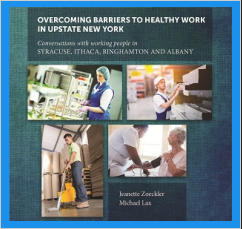
Overcoming Barriers to Healthy Work in Upstate New York
In this fourth report of the "Low-Wage Workers' Health Project," workers from Syracuse,
Ithaca, Binghamton and Albany/Troy were brought together through partnerships with
community-based organizations. Workers created innovative body mapping and created
visual displays envisioning healthy work. Then, workers engaged in dialogue about these
visual representations to produce rich discussion about their experiences on the job.
These conversations were summarized to create a clearer picture of low-wage work in
these regions, with a new focus on barriers to the envisioned healthy workplace.
LOW-WAGE WORKERS’ HEALTH PROJECT
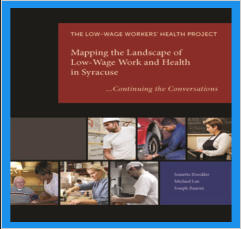
Managing the Landscape of Low-Wage Work and Health in Syracuse
Strengthening the existing and extensive community based resources in New York State
that provide comprehensive occupational health and safety services to low-wage workers
is a crucial step for ending worker exploitation and improving occupational health.
WRVO Coverage
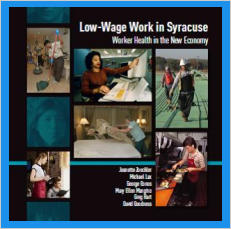
Low-Wage Work in Syracuse Worker Health in the New Economy
During the recent economic downturn, many jobs paying decent wages were lost, but in
the recovery that followed, low-wage occupations showed strong gains. Higher wage jobs
also increased, but jobs in middle pay ranges, after plummeting in the recession, showed
only very slow growth. This is bad news because the experience of low-wage work differs
greatly from the traditional blue collar work. By definition, the pay is lower, but other
specific problems including wage theft, insecure or precarious work, discrimination, and
decreased attention to workplace hazards have been accompanying these growing wage
trends nationwide.
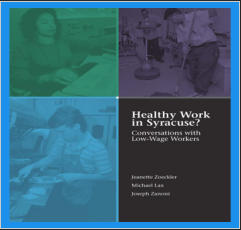
Healthy Work in Syracuse?
Conversations with Low-Wage Workers
The Low-Wage Workers’ Health Project seeks to characterize local workplace conditions
in the low-wage sector of the job market through interaction with people who live and
work in Syracuse.
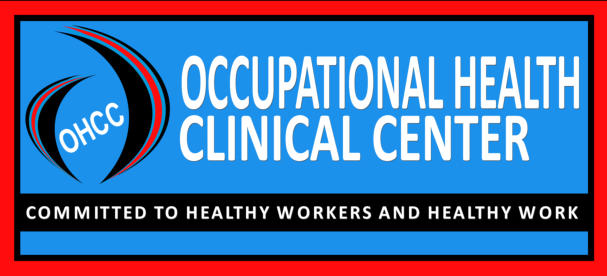


2019 © OCCUPATIONAL HEALTH CLINICAL CENTER / 6712 BROOKLAWN PARKWAY, SUITE 204
/ SYRACUSE / NY / 13211
PHONE: 315-432-8899 / FAX: 315-431-9528 / EMAIL: CNYOHCC@UPSTATE.EDU
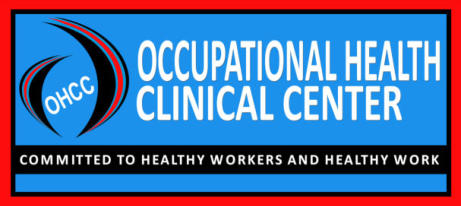
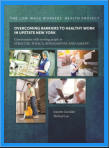
Overcoming Barriers to Healthy Work in
Upstate New York
In this fourth report of the "Low-Wage
Workers' Health Project," workers from
Syracuse, Ithaca, Binghamton and
Albany/Troy were brought together through
partnerships with community-based
organizations. Workers created innovative
body mapping and created visual displays
envisioning healthy work. Then, workers
engaged in dialogue about these visual
representations to produce rich discussion
about their experiences on the job. These
conversations were summarized to create a
clearer picture of low-wage work in these
regions, with a new focus on barriers to the
envisioned healthy workplace.
LOW-WAGE WORKERS’ HEALTH
PROJECT
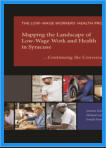
Managing the Landscape of Low-Wage Work
and Health in Syracuse
Strengthening the existing and extensive
community based resources in New York
State that provide comprehensive
occupational health and safety services to
low-wage workers is a crucial step for
ending worker exploitation and improving
occupational health. WRVO Coverage
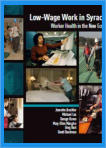
Low-Wage Work in Syracuse Worker Health in
the New Economy
During the recent economic downturn, many
jobs paying decent wages were lost, but in
the recovery that followed, low-wage
occupations showed strong gains. Higher
wage jobs also increased, but jobs in middle
pay ranges, after plummeting in the
recession, showed only very slow growth.
This is bad news because the experience of
low-wage work differs greatly from the
traditional blue collar work. By definition,
the pay is lower, but other specific problems
including wage theft, insecure or precarious
work, discrimination, and decreased
attention to workplace hazards have been
accompanying these growing wage trends
nationwide.
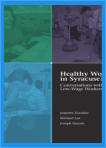
Healthy Work in Syracuse?
Conversations with Low-Wage Workers
The Low-Wage Workers’ Health Project
seeks to characterize local workplace
conditions in the low-wage sector of the
job market through interaction with people
who live and work in Syracuse.
































